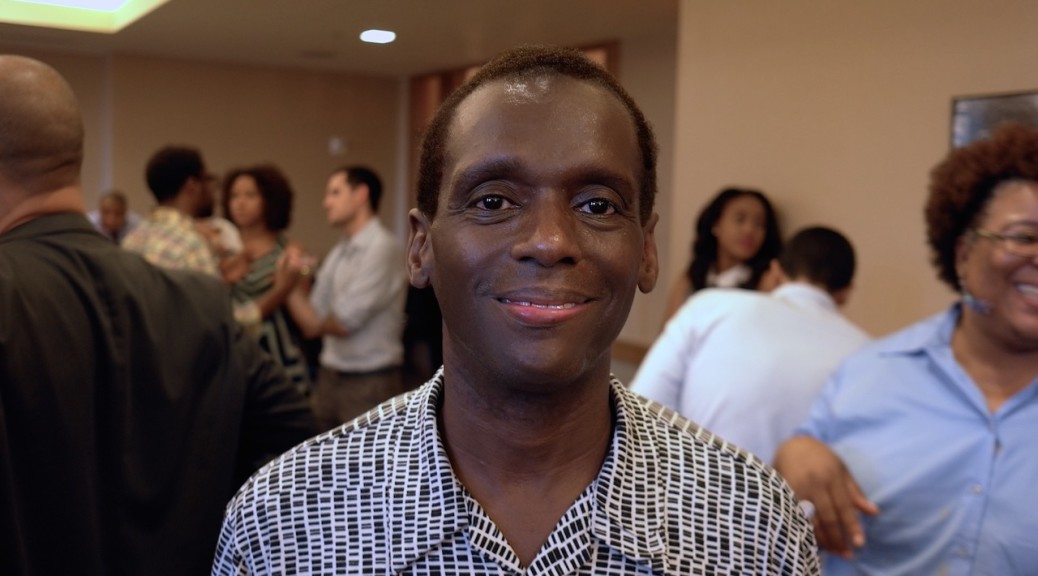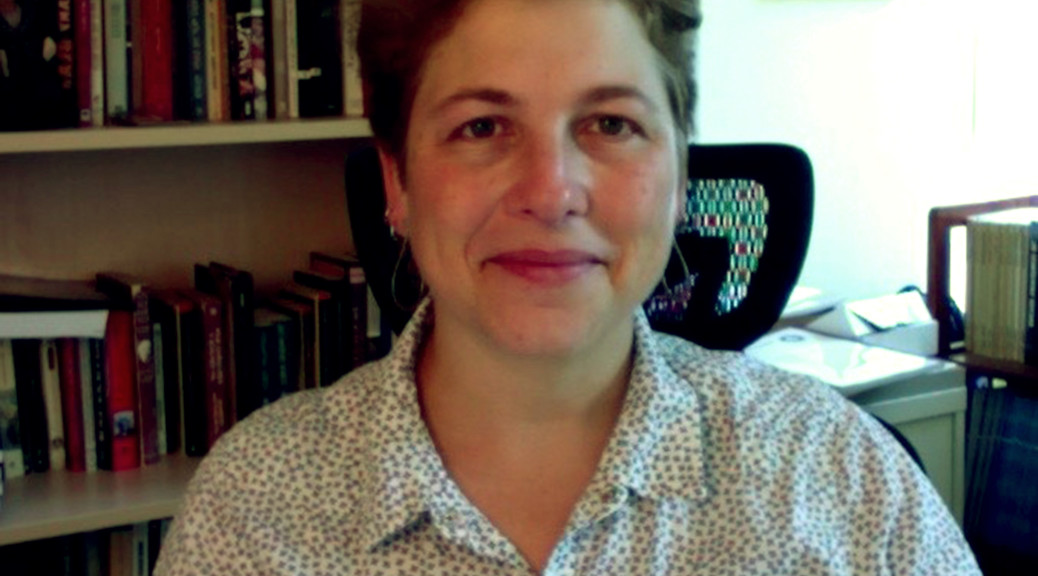SHAMUS KHAN
Associate Professor of Sociology
I absolutely think that the filing of a complaint has meant that the structure of response to gender-based misconduct and sexual assault on campus, overall, has been one of legal compliance to the law rather than systems of justice. Broader systems of justice. So, conceptualizing victim’s justice, for example, which may be less punitive to people who’ve been accused. It may have a very different form. I don’t know that the students were wrong to file the complaint because I don’t know that they would’ve gotten as much attention or institutional response had they not filed the complaint. I also think that it’s important to recall that we’re being led by the president of this university, who is a lawyer. I think in many ways, his response may have been this anyway because a legal framework is the framework that he’s most likely to fall back upon.
My assessment, in thinking that it’s correct that we’re pretty bound, now, to a legal interpretation of Title IX and gender-based misconduct, is that it’s not necessarily the case that the reason for that is the filing of the complaint, although I certainly think it contributed to it. I think alternate things that could have happened would be, for example, imagine if instead of now being run by lawyers—I think the university hired nine lawyers to be investigative and response units to these things—they hired a team of community organizers, psychologists, social workers to respond. I think that then, the logic of response would have been very different. It would have been less about adherence to the law and making sure that our response is consistent with both the requirements of Title IX and the vision articulated within the “Dear Colleague” letter of the Department of Education, the Office of Civil Rights. Instead, could have included all kinds of understandings tied to psychological services for victims and for perpetrators, tied to community-based models of justice.







